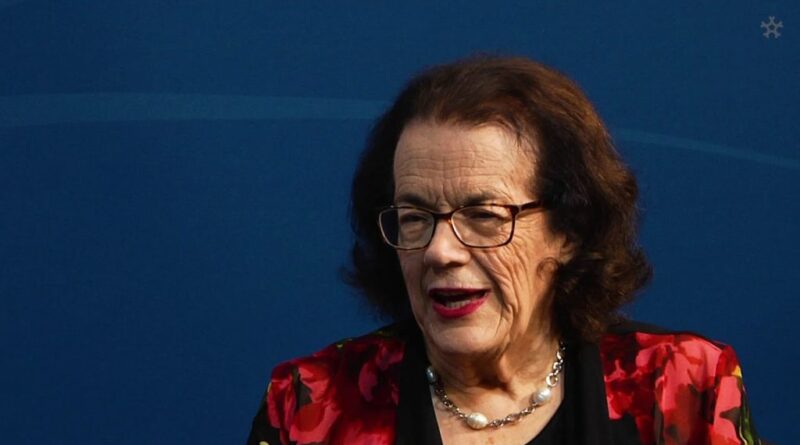Frydenberg promises housing breaks in ‘pandemic budget’

Josh Frydenberg says he will bring down a “pandemic budget” on Tuesday, warning that despite Australia’s strong recovery, there is “still a great deal of uncertainty out there”.
The Treasurer points to new strains of the coronavirus, the COVID crisis raging in India, and local lockdowns. “We can’t take for granted the strong economic recovery we’ve seen. We’ve got to lock in those gains,” he said on Friday, speaking to The Conversation.
Touted as big spending, the budget will contain, besides a large reform package for aged care, significant outlays on mental health.
In measures on housing, it will increase from $30,000 to $50,000 the maximum amount of voluntary contributions aspiring home buyers can take from the First Home Super Saver Scheme.
This scheme allows people to make voluntary contributions to superannuation to save for their first home.
At present these contributions are capped at $15,000 a year and $30,000 in total.
With the rise in house prices, the current cap on the amount that can be released is a diminishing proportion of the deposit needed.
There will also be another 10,000 places added to the First Home Loan Deposit Scheme, which can only be used for new housing. This means-tested measure allows first home buyers to build a new home or buy a newly-built one with a deposit of as little as 5%.
The budget will have an “improved bottom line, particularly in 2021”, compared with the earlier forecasts, Frydenberg confirmed.
This will be thanks in large part to a stronger-than-expected labour market as well as high iron ore prices.
The aim of pushing unemployment down below 5% will be a central feature of the budget.
“There’s a historic opportunity to drive the unemployment rate back to where it was pre pandemic and even lower,” Frydenberg said.
“And that’s why in this budget, you’ll see significant investments in energy, infrastructure, skills, the digital economy and lower taxes. Strengthening our economy will lead to a stronger budget position.”
Frydenberg said the dire predictions about what would happen with the end of JobKeeper in late March had not been fulfilled. In fact fewer people had been on income support after JobKeeper ended.
“And what you’ll see is that the budget improves as a result of the labour market strength, even more so than it does as a result of the higher iron ore price, because you get lower welfare payments and you get more tax revenue coming in from people at work.”
The budget will push out the assumptions about when Australia will reopen its international border. Last October’s budget assumed the border closure easing by the latter part of this year.

